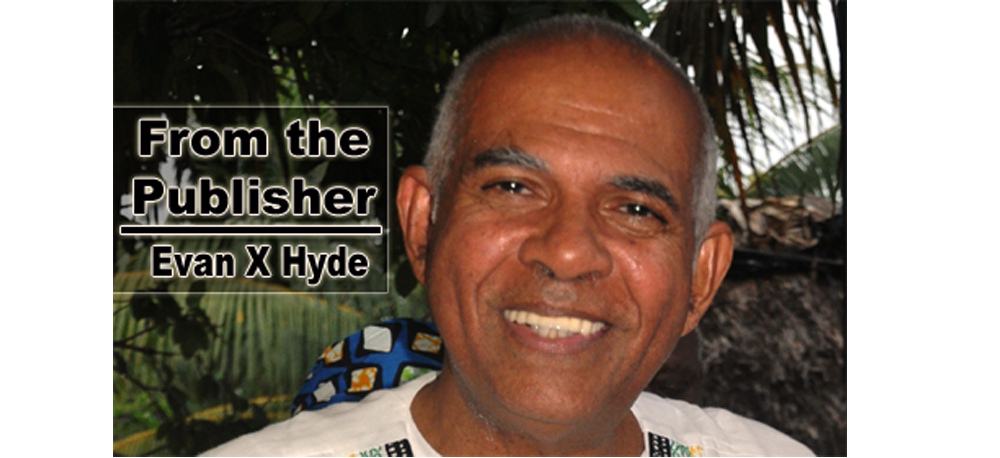Every now and then, I ask the question: what happened to, and where are, the archives and the library of the British Honduras Broadcasting Service (BHBS) and Radio Belize? The silence following the question is always very loud.
Anyway, today’s brief column is a quote about the 1971 Belize National Festival of Arts, held at the old Bliss Institute on Southern Foreshore. The quote is extracted from a volume entitled BELIZE: SELECTED PROCEEDINGS FROM THE SECOND INTERDISCIPLINARY CONFERENCE, edited by Michael D. Phillips and published by the University Press of America, Inc. in 1996.
I came into possession of the volume this week courtesy of Ya Ya Marin Coleman. There are ten papers in the volume, representing the work of thirteen scholars.
The quote in question is taken from a paper by the editor himself, Michael D. Phillips, entitled “The Festival of Arts: British Honduran, Belizean and National”. It is as follows:
“After the disappointments of 1970, the festival of 1971 seemed to breathe new life into the movement. Of particular interest was the award-winning play. Written in Creole and entitled ‘Hard Times,’ it is the story of a young girl living in squalid circumstances who becomes pregnant. It was not the first locally written play to be produced, and it was not the first to be written in Creole. What was so different about this production was that it presented a realistic and contemporary situation that would have been familiar to most people living in Belize City. It also employed popular music. The fact that its author was the founder and leader of the radical black political movement only underscored the revolutionary nature of this production. Both the festival adjudicators and the local press reviewed the play enthusiastically. THE REPORTER of December 3, 1971, reads: ‘The high point of the Festival was undoubtedly provided by Wesley College’s ‘Hard Times,’ which was a good production supported by good acting and good dialogue.’ In its December 4, 1971 edition, THE BEACON reports: ‘Music, a vital part of our culture and life situation was just as representative as the dialogue. Otis Redding, James Brown, Ace Cannon, Lord Rhaburn.’ Adjudicator Delmar Solem remarked: ‘It was an extremely smooth and imaginative production … I was also pleased to see that the play used a great deal of local color.’ However, it seems that the type of local color introduced by Hyde’s play was not to the liking of certain members of the Festival Committee, particularly the Chairman.
“In his annual report on the activities of the University of the West Indies, Vernon Leslie reported that ‘the theatre world in Belize seemed to come alive this year as a number of dance and music groups presented most commendable performances.’
“The Festival performances of 1971 are the best documented in the entire history of the event. Robert A. Johnston, Professor of Drama at the Loop College Theatre in Chicago, wrote a book about the Festival entitled THE THEATER OF BELIZE.
“It also appears that the film that was to be made in 1970 was finally shot during the Festival of 1971. Entitled ‘To Be,’ the film was shown as a part of the 1973 Festival. No copies are known to still exist.”

